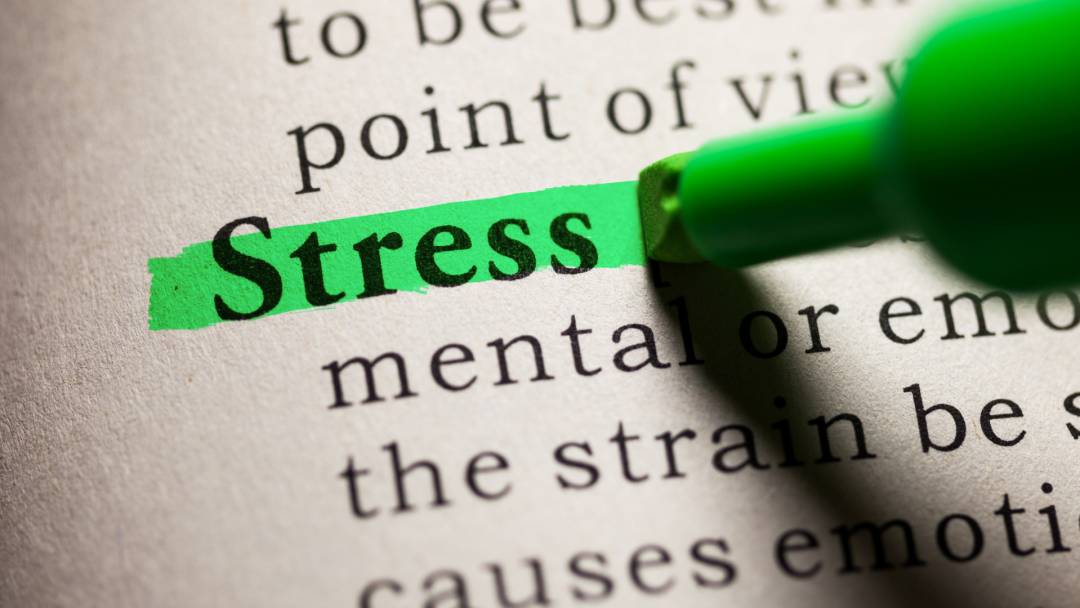Stress vs Anxiety: Understanding the Difference & Identifying When to Seek Help

Navigating feelings of stress and anxiety can be overwhelming. This article will help you understand the differences between the two experiences, provide tips for managing symptoms, and identify when you should consider accessing professional help.
What is Stress?
Stress is a physiological response, usually connected to an external event or trigger and can be amplified by internal stressors such as perfectionism or high expectations of oneself. Stress is usually felt when the demands on us are being experienced as greater than the resources we have to deal with them.
Some common symptoms of stress include irritability, fatigue, digestive troubles, or problems with sleeping. Stress can also include repetitive thoughts or concerns.
Stress can be short term, for example, you may be stressed about an upcoming exam next week. Stress can also be longer term, for example, you may lose your job and be in a difficult financial situation for a few months. The key here is that once the exam is over or you get a new job, your stress level will decrease or resolve completely.
What is Anxiety?
Anxiety is very similar to stress, in the sense that it is a physiological reaction and that it shares many of the same symptoms.
The ways in which anxiety differs from stress includes:
- Anxiety is mostly triggered internally
- Anxiety triggers are not as easy to identify
- Anxiety is persistent and causes excessive thoughts and judgements
- Anxiety does not resolve in tandem with an external trigger
- Anxiety symptoms, while like that of stress, can often feel more intense
It should be noted that feeling anxious is different than having clinical anxiety, which is more severe and normally requires treatment. Examples of clinical anxiety include; generalized anxiety disorder, panic disorder, social anxiety disorder, and obsessive-compulsive disorder.
What are some ways to manage stress and anxiety?
Experiencing stress or anxiety periodically is not uncommon or not something to judge yourself for. It is a normal part of the human experience, even if it is an uncomfortable one! If you find yourself in a time of stress or anxiety, there are many resources and techniques you can employ to help you manage.
Here is a list of practices that you may find helpful:
- Practicing good sleep hygiene to ensure you get proper rest
- Incorporating movement or exercise into your regular routine
- Eating balanced meals on a consistent basis
- Limiting caffeine and alcohol consumption can also be helpful
- Making time for things that bring you joy (hobbies or creative outlets)
- Avoiding isolation – make time to see loved ones
- Opening up to those close to you about how you are feeling can also help!
- Implementing stress/anxiety management techniques like journalling, meditating, or breathing exercises
- You can learn these at the SWC’s Stress Less group or check out the TAO app
When should you consider seeking professional help?
While experiencing periods of stress or anxiety is normal, if you are finding it to be prolonged, interfering with your ability to complete day to day activities, or has completely impacted your ability to function you may be in need of professional help.
Here are some questions you can ask yourself to help determine if you should consider talking to a mental health professional:
- Is my stress or anxiety interfering with…
- Work?
- School?
- Relationships?
- Am I experiencing physical health problems that may be related to my stress or anxiety?
- Are the reactions and emotions I am feeling hard or impossible to control?
- Is there a traumatic experience (in the past or present) that could be contributing to my stress or anxiety?
- Am I experiencing other mental health issues at the same time?
If you answered “yes” to one or more of the questions above, you may benefit from meeting with a mental health professional.
If your stress or anxiety has resulted in thoughts of hopelessness, self-harm, or suicide you should make an appointment immediately, or seek help via a crisis center or call line.
How can the SWC help you manage your stress and anxiety?
Wellness Programs
The SWC offers group wellness programs, you can find the full list here.
Drop-In Hours
The SWC offers drop-in mental health hours where you can talk with a mental health nurse or counsellor. These appointments are first come, first served and available for students with urgent needs and/or those not currently connected with our mental health team. Learn More.
Short Term Counselling
The SWC offers one-to-one, short-term counselling. You can book your initial appointment by calling 905-525-9140 x 27700 or visiting reception. Together we will explore support options and decide on your pathways to receive support. Learn More.
Articles to help you better understand stress and anxiety
https://cmha.ca/brochure/anxiety-disorders/
https://cmha.ca/brochure/stress/
https://globalnews.ca/news/9014351/stress-vs-anxiety-difference/
References
https://www.calm.com/blog/difference-between-stress-and-anxiety
https://hbr.org/2021/01/am-i-anxious-or-just-stressed
https://www.apa.org/topics/stress/anxiety-difference
https://www.healthline.com/health/stress-and-anxiety#coping-tips
https://globalnews.ca/news/9014351/stress-vs-anxiety-difference/
Mental Health & Mental Illness, Stress Management